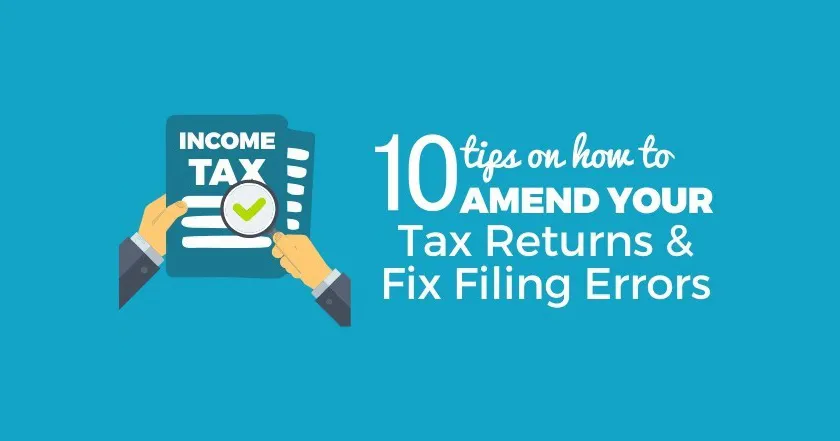Corporate tax is one of the biggest responsibilities for any business, yet it’s also one of the most misunderstood and often the most daunting. At its simplest, it’s a tax on a company’s profits, but the rules, deadlines, and strategies involved can quickly become complex and overwhelming.
For business owners and financial teams, understanding corporate tax is not just about compliance. It is about protecting your bottom line and finding opportunities to save. In this guide, we will break down what corporate tax is, how it works, the key forms and deadlines you need to know, and practical strategies to make filing smoother and more efficient.
What Is Corporate Tax?
Corporate tax is a tax that businesses pay on their profits. Since corporations are considered separate legal entities, they pay taxes on their earnings directly, rather than passing them on to the owners. After paying these taxes, any remaining profits can then be distributed to shareholders as dividends.
Key Components of Corporate Tax
Taxable Income
Taxable income is the profit a company earns after deducting allowable business expenses from its gross income. This includes deductions for things like cost of goods sold (COGS), employee salaries, marketing, depreciation, and other operational costs.
Corporate Tax Rates
Tax rates vary by country and jurisdiction. Some use a flat rate for all companies, while others implement graduated rates based on income levels. In the U.S., the current federal corporate tax rate is 21%, but businesses may also owe state level corporate taxes.
Capital Gains
Profits from the sale of assets or investments are considered capital gains and may be subject to additional taxation. These are typically taxed differently from regular business income.
Dividends and Double Taxation
Dividends paid to shareholders are not deductible from corporate income. As a result, profits may be taxed twice: once at the corporate level and again when shareholders report dividends as personal income.
Deductions and Credits
Corporations can reduce their tax liability through:
- Deductions for operating costs, depreciation, and interest payments.
- Tax credits for activities like research and development, clean energy initiatives, and hiring employees from certain target groups under the Work Opportunity Tax Credit.
Filing Corporate Taxes
Deadline
In the U.S., corporate taxes must be filed by the 15th day of the fourth month after the end of the corporation’s fiscal year. For businesses following a calendar year, this typically means April 15.
Forms
- Form 1120 is the standard federal income tax form for C corporations.
- Businesses operating in multiple states or countries may need to file additional state or international forms.
Estimated Payments
Corporations must generally make quarterly estimated tax payments throughout the year. Failing to make these payments may result in interest and penalties.
Extensions
Corporations can file Form 7004 to request an extension, which gives more time to file, but not more time to pay. Taxes are still due by the original deadline to avoid penalties.
Tips for Efficient Corporate Tax Filing
- Maintain Accurate Records: Track all financial transactions and keep documentation of deductions.
- Understand Deductions and Credits: Review allowable business expenses and tax incentives to reduce liability.
- Use Strategic Tax Planning: Make informed decisions about timing of purchases or asset sales to minimize taxes.
- Consult a Tax Professional: Given the complexity and potential risks of corporate tax filings, expert advice is highly recommended.
Key Takeaways
- Corporate tax applies to net income after deducting legitimate business expenses.
- It is governed by complex federal and state rules.
- Corporations typically file using Form 1120 and make quarterly estimated payments.
- Tax rates and requirements vary by jurisdiction.
- Strategic planning, accurate recordkeeping, and professional advice help reduce tax liability and ensure compliance.
- Understanding corporate tax components enables informed financial decisions and confident year-round operation.
Frequently Asked Questions
Do all corporations pay corporate income tax?
Yes, all C corporations must pay federal corporate income tax on their profits. S corporations, partnerships, and sole proprietorships typically pass profits through to the owners and are taxed differently.
Is corporate tax different from payroll tax?
Yes. Corporate tax is a tax on company profits, while payroll taxes are collected from employee wages for Social Security, Medicare, and unemployment insurance.
Can corporate tax rates change?
Absolutely. Corporate tax rates can change through legislative updates. It’s important to stay informed on current rates and proposals.
How do state taxes affect corporate tax filing?
In addition to federal corporate tax, most states impose their own corporate income taxes,
which may involve separate forms and deadlines.
What happens if a corporation misses a tax deadline?
Late filings can result in penalties, interest on unpaid taxes, and increased scrutiny from the IRS or state agencies.





